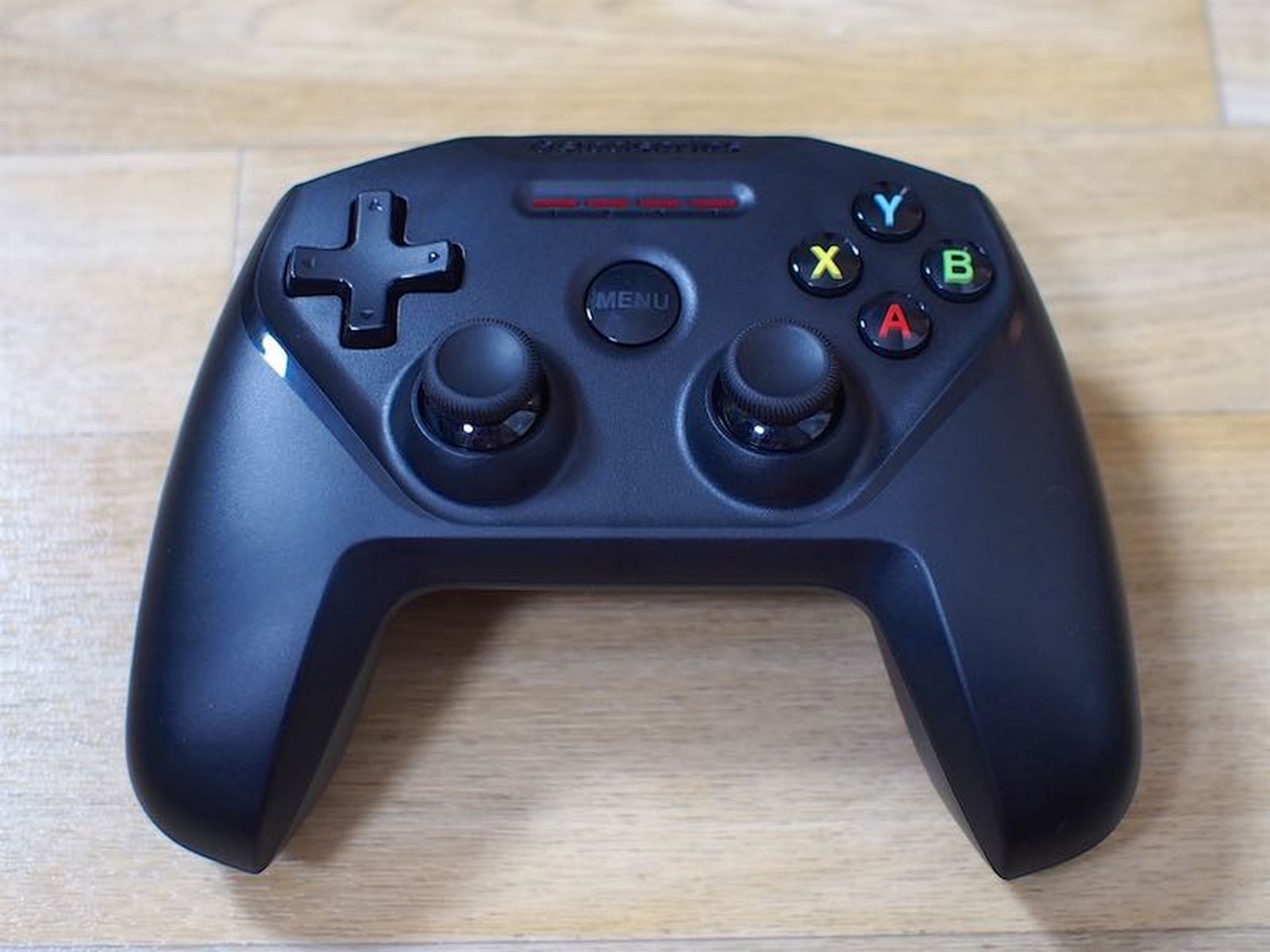
Last year, when I looked back at the history of games on the App Store for its tenth anniversary, I came away pessimistic about the future of games on Apple’s platforms. It didn’t help either that for a very long time, the App Store didn’t indicate which games were compatible with MFi controllers, leaving the void to be filled by third-party sites. Many developers had already lost interest in controller support. Apple changed course eventually, and now lets developers require controllers, but by the time of that change the damage had been done.
#Nimbus controller mac game tv
In the end, though, the company went an entirely different direction by requiring that games support the Apple TV Remote, a decision that complicated development and dumbed down controller integration to match the remote’s limited input methods. Initially, it looked as though Apple would allow game developers to require a controller. Early controllers were priced at around $100, in part because of the requirements of the MFi certification, and they couldn’t match the quality of controllers from Sony and Microsoft.Īs anticipated, controller support was extended to the Apple TV when its App Store launched in 2015. iOS’ controller support was rushed to market. With the addition of controller support, Apple felt poised to make a meaningful run at incumbents like Sony and Microsoft. iOS devices couldn’t match the power of a traditional console in 2013, but you could see that they were on a trajectory to get there. The threat right now is that Apple has gained a huge amount of market share, and has a relatively obvious pathway towards entering the living room with their platform…I think Apple rolls the console guys really easily.
#Nimbus controller mac game Pc
Game industry veteran Gabe Newell, the co-founder of Valve, saw Apple’s entry as a big risk to companies making PC and console games: Companies will have the ability to port controller-based games for the mobile devices in millions of pockets - an install-base far greater than they’ve ever had before. In a year, both iPhones and iPads will approach the processing power of the current-generation devices.



If Apple finds a way to standardize traditional controls, every iOS device will become a transportable console. Even though it wasn’t announced there, Chris Plante of Polygon declared controller support the biggest story of E3, the game industry trade show that was happening at the same time as WWDC. The game press and developers understood the potential of controller support immediately. The big news at WWDC in 2013 was the iOS 7 redesign, but for game developers, it was rivaled by the announcement that third-party Made For iPhone (MFi) controllers were coming. It’s hard to believe it’s been nearly six years since Apple added game controller support to iOS.


 0 kommentar(er)
0 kommentar(er)
